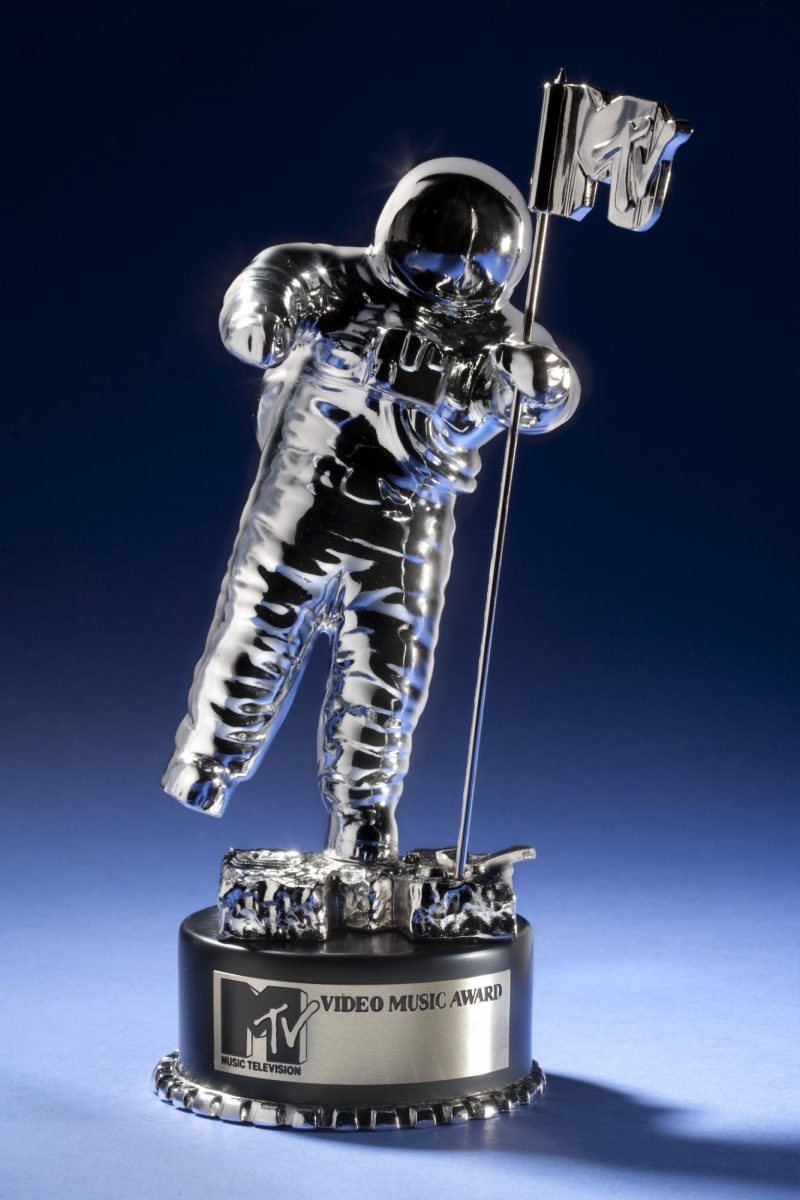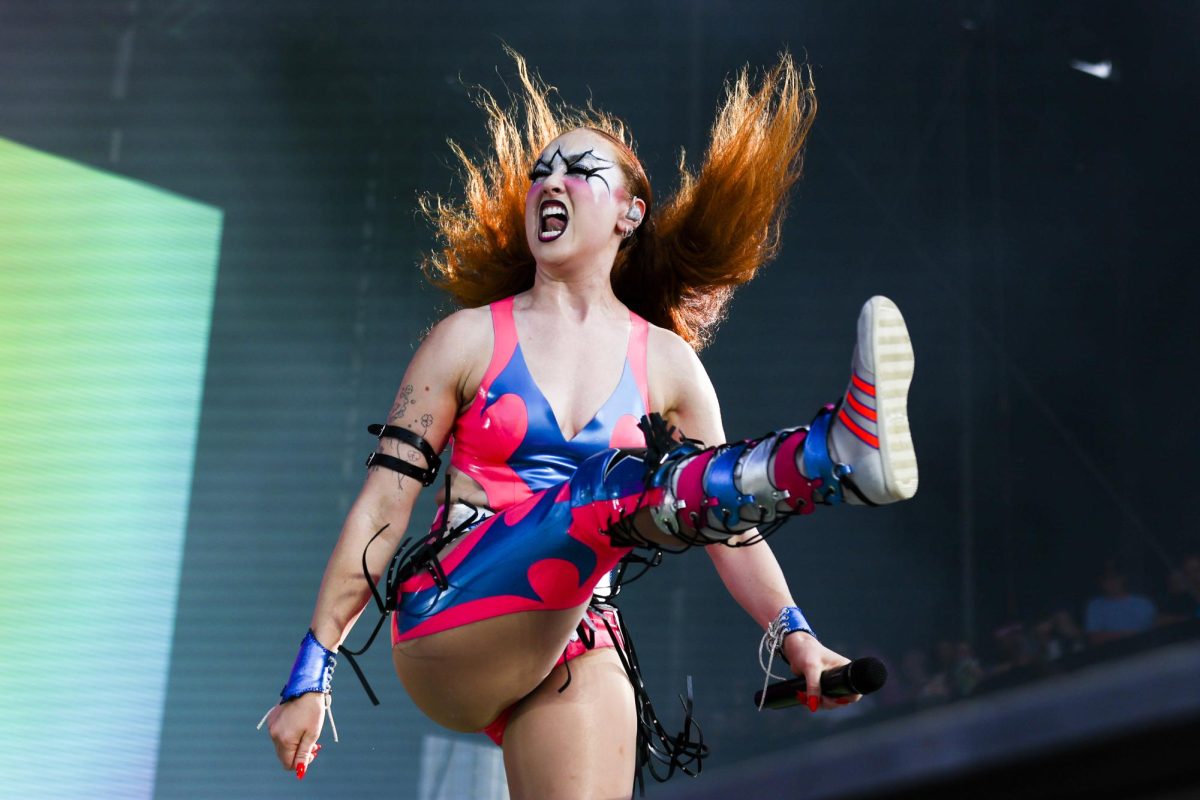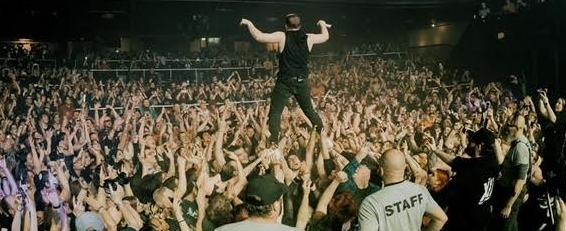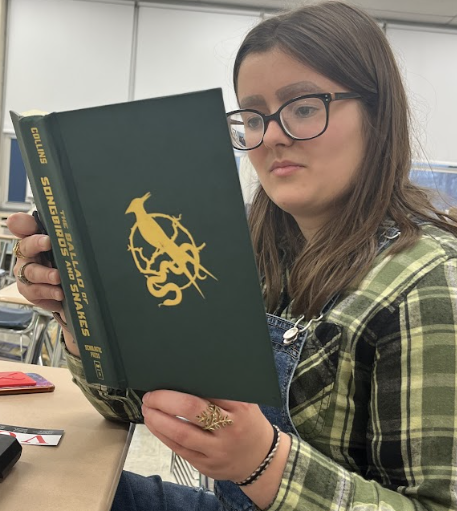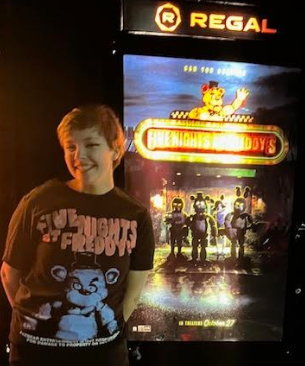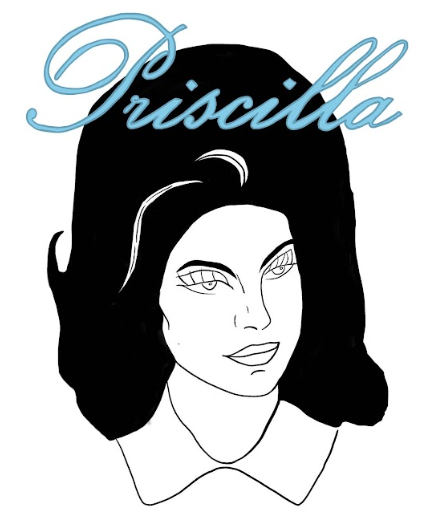
In early November, A24 in collaboration with Sofia Coppola produced a biopic portraying Priscilla Presley’s side of her infamous marriage to Elvis Presley.
Priscilla, starring Cailee Spaeny as Priscilla and Jacob Elordi as Elvis, is based on Priscilla Presley’s memoir titled Elvis and Me, depicting her life from age 14 (when she met Elvis) all the way up to their divorce.
While many Elvis fans are upset by the film’s representation of Elvis, even more fans come to the defense of Priscilla, claiming it’s her side of the story and she should not be criticized for sharing it.
One of these critics includes Lisa Marie Presley (Elvis and Priscilla’s daughter) claiming that the movie would paint her father in a negative light and force her to once again go against her mother to defend her father, according to Cosmopolitan. The popular fashion and entertainment magazine included this fact in an article titled “Lisa Marie Presley Called ‘Priscilla’ Script ‘Vengeful and Contemptuous’ in Email to Sofia Coppola.”
One main theme of the film is the seemingly inappropriate age difference between Priscilla and Elvis. The film highlights this by showing that Priscilla is only 14 upon meeting Elvis, while he is 24.
Many Elvis fans cling to the fact that it was the 1960s and “times were different,” although in the movie multiple times is the age gap mentioned. In the film, which is rated R (meaning theater viewers under 17 years old need to be accompanied by a parent or adult guardian), Priscilla’s parents ask her what business a 24-year-old man has with a young 14-year-old girl, showing that even then the age gap was not widely accepted.
Another topic explored is the physical and emotional abuse from Elvis. Multiple scenes make it obvious that there was underlying physical abuse.
For example, one scene depicts Elvis asking Priscilla her opinion about a new song. When she says, “I don’t know if I like it,” Elvis throws a chair at Priscilla, and two other musicians/producers in the room tell her to watch out for the chair. While she is not hit by the chair, it becomes extremely clear that she could have been hit by the chair or hit by Elvis if not for the two other men in the room.
At one point in the film Priscilla questions Elvis’s loyalty when she finds multiple love letters from different women that he has worked with. Lipstick marks and nicknames appear on the letters, implying that he has not been faithful. Elvis’s response is lying to Priscilla and yelling at her, showing just how manipulative he could be.
In the next scene, Elvis is seen packing Priscilla a bag and throwing all her clothes, with the hangers still on, into a suitcase. He screams that he’s booking her flight back to her parents so she can stay with them. When Priscilla begins sobbing, asking Elvis to stop, he leaves the room, comes back to hug her, and says he just needed to put her in her place.
The film even shows how Priscilla got her iconic look of big, jet-black hair, thick eyeliner and heavy makeup. The movie displays how much of this iconic look was due to Elvis’s control over Priscilla: not letting her wear patterns, making her dye her hair and compelling her to put on more dramatic makeup.
The movie ends with Priscilla leaving Elvis while driving away from Graceland (their Memphis mansion).
While most Elvis and/or Priscilla fans feel divided about the film, there is no doubt that it is a spectacular piece of cinema, with the acting and cinematography to prove it.


